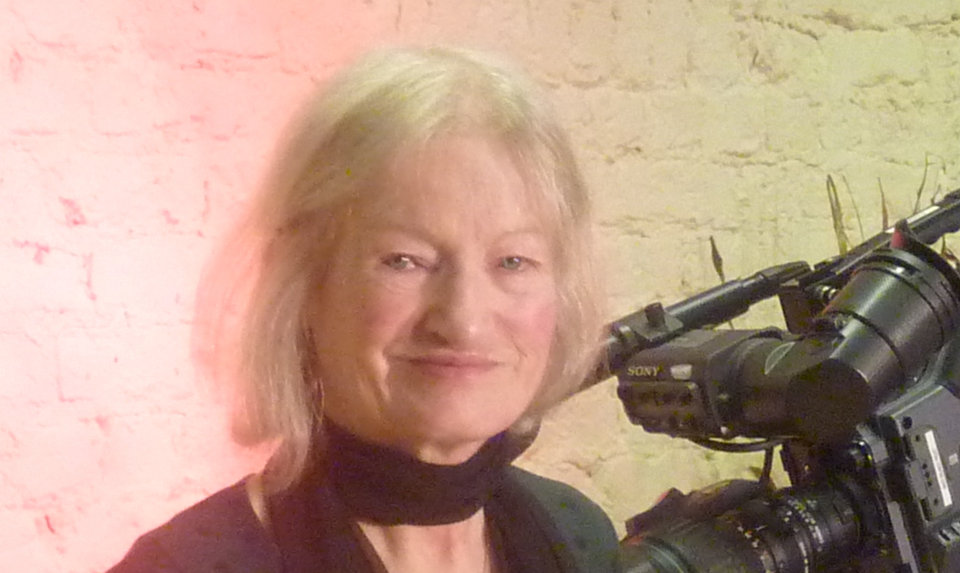Denis’s scholarly interests are in social movements, the sociology of economic change, industrialisation and transnational corporations.
Denis was brought up in the middle of the New Mexico desert and remembers a childhood of many social and cultural divides.
“There was a majority Chicano or Mexican American, so I grew up in a community that were marginalised economically. They had this very rich culture and I had a lot of friends who were Chicanos. It was the time of the civil rights struggle…. the issue of black and white was an important one, race and ethnicity was a key issue….”
Denis remembers bring aware of politics from an early age, the strike at the pot ash mine where his father worked, various social injustices and as he grew older and went to university, the race riots in Albuquerque, where he attended rallies and protests and on one occasion was shot at by armed police.
His interest in economics stemmed from this interest in social injustice “I thought that the field of economics was were one could do something to change the world, later I realised economics was just this formulaic, mathematical thing where you were just generating crazy models that had nothing to do with reality.”
Denis came to Belfast in the early 1970s. He was amazed by the differences between academic life and life in other parts of Belfast. “I would have been into the Village or the Falls Road and people were horrified back at the University, I wasn’t meant to be going into these areas, attitudes have changed to a certain extent but at that time you were meant to stay in this nice little cocoon around the University.”
Denis was only in Belfast a few months when he had first hand experience with sectarianism. A young man he had got to know was shot dead. “It was something that was happening all the time, but the first time you go through that, it’s something that sticks in your memory.”
Denis was interested in action orientated community research, which led to him becoming the Chair of the West Belfast Economic Forum. This community development focused organisation provides independent information, monitoring, research and lobbying resources concerned with issues of social and economic justice.
“It was very clear from the beginning that something had to be done in terms of how one would attack the problems of marginalisation. The West Belfast Economic Forum was formed out of a series of meetings.”
Denis sent his children to an Irish Language Primary School, Scoil Na Fuisoige and was soon asked to be on the Board of Governors. “It was a great school because it was small. The children had a very good open experience. There was a tension that was always there between religion and education, between the Irish aspect of the school and the catholic aspect of the school.”
In 1997, after reading a biography on Che Guevara, Denis started thinking of writing a book on Bobby Sands. “The peace process was going on and I remember thinking what way could you use biography as a lens into this process. There were a lot of people who didn’t want the book published.” He found an agent in New York who took on the task of publishing the book.
The work involved interviewing ex-prisoners and this aspect of the Bobby Sands story would lead Denis to working with prisoners who were detained in supermax prisons across the United States. “They’re in a far worse situation, they are far more isolated than the ‘Blanketmen’ were in the North.”
Looking to the future: “I think that politics with a big P has to become less orientated towards Assemblies, Parliaments and elections and more orientated towards what is happening every day on the street, what’s happening in communities, how people can be organised in their own community to make their world a better place. That is what I would like to see.”
Nothing But an Unfinished Song: The Life and Times of Bobby Sands, 2006, ISBN-13: 978-1560258889




